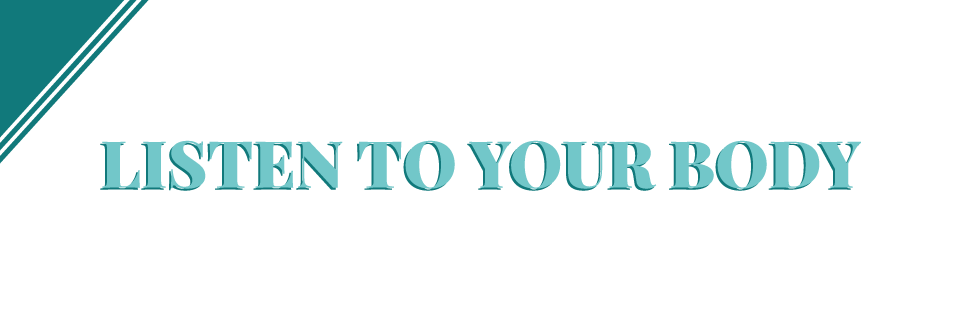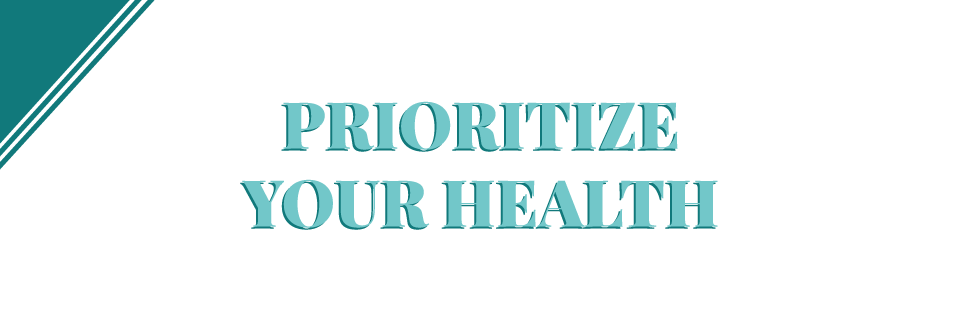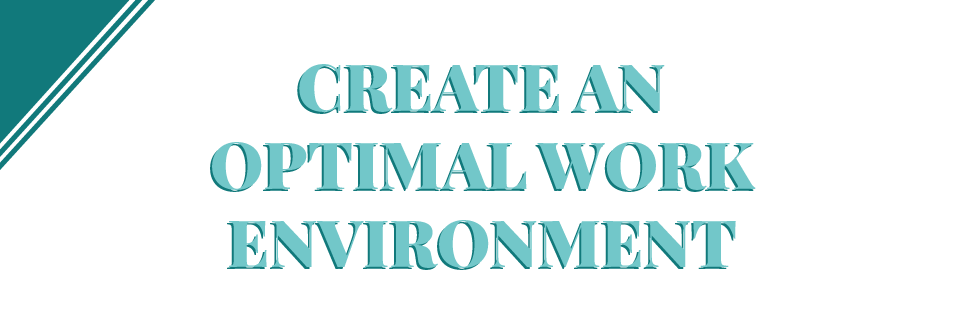At that point, I realized I needed to take my health into my own hands. But I couldn’t stand the thought of my illness hampering my professional goals or my lifestyle. I’ve been extremely driven when it comes to my career, never wanting to sacrifice an opportunity. And managing a chronic illness didn’t exactly fit into my lifestyle either. I love to travel, and as an entrepreneur, I love that I can work from anywhere. Having a chronic illness doesn’t make that easy, either.
It wasn’t easy to acknowledge that my illness had a say in how I lived my life. And as I came to terms with that, there were lots of bumps along the way. Over time, I learned how to strike a balance between experiencing the life and career I wanted and taking care of myself. And I realized that none of it would be possible if I hadn’t put my health first.
Now I’m ready to share the lessons I’ve learned with other professionals who are managing a health issue while simultaneously pursuing and focusing on their career goals.

Listen to your body
I’ll never forget the day that I was simultaneously recovering from a major surgery and sitting at my computer trying to keep my clients happy. I was working part-time despite being in recovery because I was working for a new company and felt intense pressure to be present. There was no one to take over for me while I recovered, and there was so much work to be done. I was so caught up in the idea of doing a good job that I was completely ignoring what my body needed. After that day, I emailed my boss and said it was time for me to go on medical leave. I couldn’t do my job part-time. I needed a full break to heal.

Prioritize your health
If you need to see a doctor or get a treatment, do it. Don’t put it off because of work. If you’re not at your best, you can’t do a good job. Your company, partner, and team will be thankful that you’re taking care of yourself, knowing it will make you a better employee, colleague or boss.
If you have a job with hectic or long hours, it’s even more important to prioritize your own needs. At my last job, before I transitioned to entrepreneurship, I was working very long hours doing event production. This was not optimal for the amount of sleep that I require for my chronic illness. One of the events I produced was four full days. It was a crazy schedule—and I knew the importance of taking time for myself throughout.
I told my boss that for 30 minutes every day, I needed to take a break. She was totally cool with that and respected I needed to take time for me. Fortunately, we had a meditation room for the event for attendees and I made it a point to take my walkie talkie headset off and go into the meditation room to meditate and chill. Those 30 minutes changed the entire day for me.

Share your experience
Clear and honest communication with your boss or manager can help to set expectations about alterations to your schedule or workload. Remember though, they may not have dealt with this situation before. If you have someone on your team who manages HR, loop them in and ask about laws or benefits that may be available to you. You can also do your own research.
Ultimately, honest communication about your illness is about setting realistic expectations. It’s not about soliciting pity. It’s about opening up a conversation when it feels right to do so.

Pursue opportunities with flexibility
Not all professionals with chronic illnesses work for themselves, but many do seek out careers or workplaces that provide some level of flexibility when it comes to their schedule. Workplaces and bosses are all different. If you’re in a situation where getting time off is like pulling teeth, or your schedule is nonstop and doesn’t allow you to take time for yourself, it might not be a good long-term fit for you. If it feels manageable, that’s one thing. But if it’s adding to your stress and depleting you, know that there are other workplaces out there that will have more flexibility.

Create an optimal work environment
If you work in a cubicle and don’t have much control over your environment, you can still take precautions. You won’t ever find me without hand sanitizer (and now there are so many options, so you don’t have to smell like rubbing alcohol even if you use it often). I also avoid the subway during flu season because I know it’s another step in protecting myself. While you can’t let your precautions get in the way of your lifestyle, little tricks here and there can help you stay healthy.

do your best
Ultimately, you have to follow your dream. Even though it can be scary to think about taking a promotion, stepping up to lead a big project, or applying for jobs while you’re simultaneously managing health concerns, you know what you’re capable of. Don’t doubt yourself just because you have a chronic illness. If you know that you’ll be overwhelmed, listen to your gut. But if you know that you can do it, don’t let chronic illness stop you.
You can’t ignore your chronic illness, but you also can’t let it define you. That’s worth reminding yourself as often as you can.











